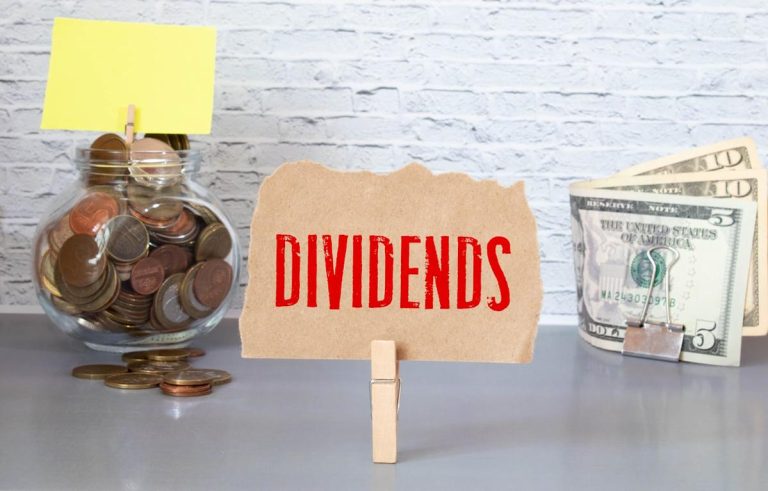The “Business Breakdown with Brian Bandell” podcast recently had financial influencer Grant Cardone on as a guest. On the episode, the CEO of Aventura-based Cardone Capital broke down how a major component of his investment strategy involves bitcoin and real estate.
I’m a Financial Advisor: 4 Investing Rules My Millionaire Clients Never Break
Read More: Clever Ways To Save Money That Actually Work in 2025
Cardone also shared his latest big money goals, which he writes down every morning. If you listen to what he had to say, there’s a chance you might be able to achieve it, too.
Cardone started by telling Bandell how disappointed he was with himself, even after all of his financial success and accomplishments. Recalling a visit to Bank of America, Cardone shared that when it comes to money, he remains open to doing more, doing it better and growing his wealth beyond where it currently stands.
I’m a Self-Made Millionaire: 5 Stocks You Shouldn’t Sell
When it comes to his company, Cardone noted he’d like to see Cardone Capital go public. Right now, Cardone is looking to put an estimated $100 million of bitcoin out there for investors, which should help secure deals, such as the $230 million bid in a bankruptcy auction for an apartment building in Boca Raton, Florida.
In the process of going public, Cardone mentioned he’d like to “disrupt real estate as we know it.” Currently, Cardone has 20,000 investors backing his real estate investments, consisting of mostly apartments and condos, with over $1.6 billion raised to finance those properties.
Pension funds, charities and governments, Cardone pointed out, cannot buy bitcoin directly. “The moment I have a real estate fund that has bitcoin on its reserve, they can invest with me,” explained Cardone. “They can invest with me and have exposure to both.”
The short answer is “yes, but…”
Zillow described that it is possible to purchase property using cryptocurrency if you convert your money into cash or transfer your crypto directly to the seller. Additionally, you can use crypto as a collateral on a mortgage or purchase a home using an NFT. No matter what method you choose, the transactions tend to be pretty quick, and allow you some diversification within your portfolio.
The downside is that it can be tricky to use crypto in a real estate deal because not many sellers are willing to accept it as payment. Bitcoin and other cryptocurrencies are still unregulated, come with hefty capital gains tax, and can be unpredictable when used as collateral. If you do choose to take a page from Cardone’s book in mixing real estate and crypto, proceed with extreme caution.







